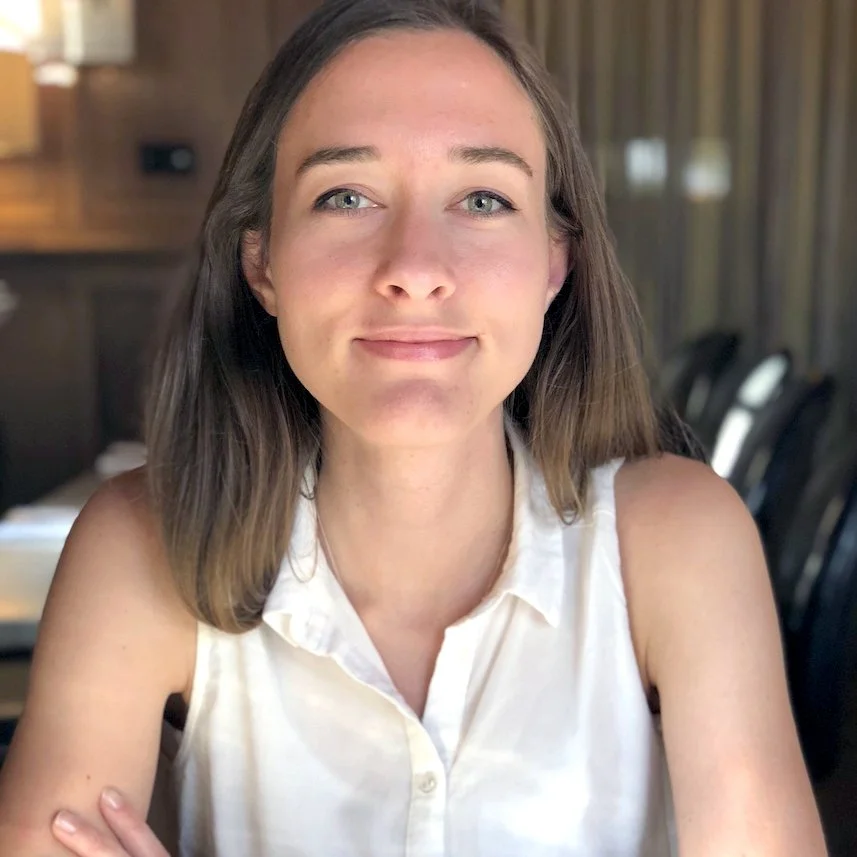Jennifer Dillon
BIO
Research leader at a biotechnology startup (Birmingham, UK) with a PhD in molecular oncology. Mom-of-one.
Instagram: @research_life
Jennifer Dillon
"If having a child taught me anything, it’s how to be more efficient!"
From an early age, I was fascinated by the natural world, space and biology. This led me to study biology at the University of Bath and do a PhD in Molecular Cancer Studies in Manchester.
After finishing my PhD in 2015, I completed a brief postdoc, but funds dried up. Following a few rocky months, I was offered a position at the University of Birmingham where I studied head and neck cancer treatments and was involved in clinical trials. It was here in my late twenties that I started thinking about family life and the possibility of settling down, having lived in 6 different towns/cities.
Short-term contracts are commonplace in academia so I felt relatively lucky to have a three-year contract. My contract was extended twice by 12 months, but it was never with much notice, making planning life quite difficult.
During the final year of my contract, my now husband proposed and a few months later, I found out I was pregnant! Immediately, I did the calculations. My contract ran out nine months after my due date, although I was hopeful for another extension.
In the UK, we are entitled to 12 months maternity leave, with a gradual reduction in pay. However, due to my short contract and reduction in pay, I took only 6 months.
Prior to starting maternity leave, I had a big experiment that needed completing. Luckily, baby held on in there and I left 6 days before my due date and we welcomed our son into the world in February, 2019.
I was eager to return to work, but about a month before the return date, I had a call telling me that my contract was not going to be renewed. I was devastated. I had a family to support now and wasn’t cut out to be a stay-at-home mum! I therefore spent the remaining weeks of my maternity leave circulating my CV and searching for jobs.
When returning to work, I had a holiday to use so I was able to work 3 days a week and be at home with my baby the rest of the week. I loved this as I felt I got the best of both worlds and it eased me back into work. It wasn’t all plain sailing though as my son required surgery a month later and the number of illnesses he brought home from childcare was relentless! On top of searching for work, it was a stressful time.
Luckily, my CV had been picked up by the right person at the right time and after meeting with my now boss, I knew I wanted to join the small biotech company. It all fell into place a month before my contract ended, allowing me to begin my new job the week after. Phew!
I began working at the biotech company not long before the pandemic took hold. During lockdown, my one-year-old joined most meetings and work was done during naps! My husband helped where he could, but his company was much less flexible so, like many mothers, I took on the majority of childcare.
My company was incredibly supportive and never commented negatively on my situation. We were able to switch our focus during this time away from lab work and onto documentation so I did not face getting put on furlough like so many others.
Biotech is similar to academia in that the job role is varied and you have ownership over all aspects of a project, but there isn’t long-term job security as you get at larger companies. However, even though very few jobs are fully secure, at least what I am doing is really cool!
I know I have been extremely lucky, despite times of despair over future uncertainty, but my work has not suffered from becoming a parent. I am able to carry out a mentally stimulating job effectively and still spend a good amount of time with my son. If having a child taught me anything, it’s how to be more efficient!
I want to emphasise that not all stories of becoming a parent in science are negative ones that involve massive sacrifices. Having said that, I worry about potentially having a second child and tipping the balance. I don’t think we ever stop worrying, but things often have a strange way of working out.

